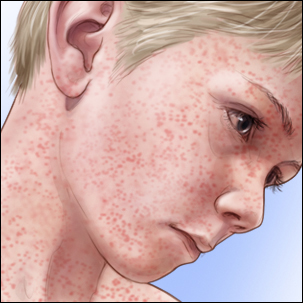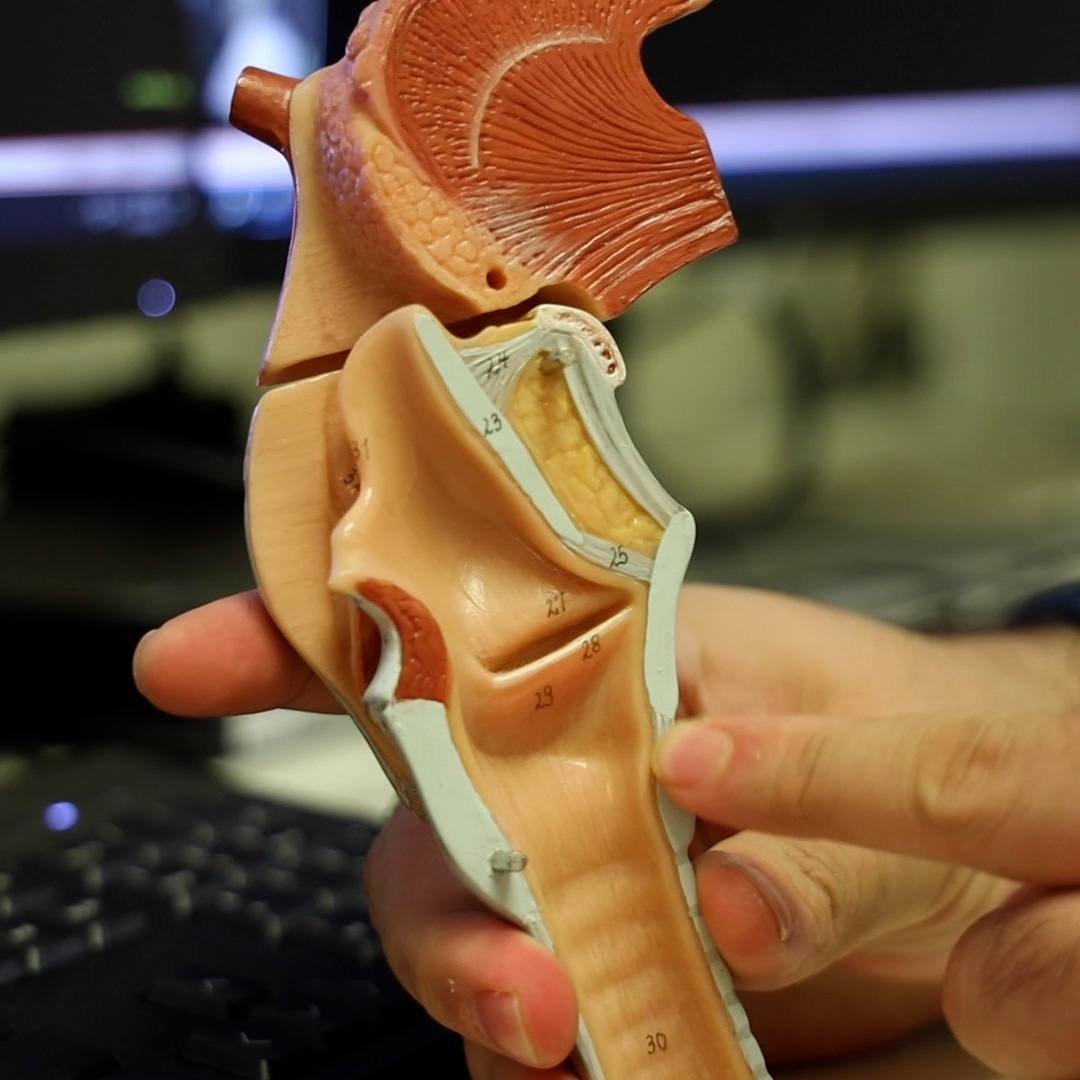-
Health & Wellness
Could Pain in the Finger Joints Be a Sign of Rheumatoid Arthritis?
August 20, 2010
Dear Mayo Clinic:
How do I know if joint pain in my fingers is arthritis or if it's something else? Will cortisone injections help joint pain and swelling in my fingers? If not, what are my options?
Answer:
It sounds like you may be dealing with rheumatoid arthritis. Pain in the finger joints is a classic initial symptom of this disease. If it is, indeed, rheumatoid arthritis, you have many effective treatment choices, including cortisone injections.
There is no single test or symptom that confirms rheumatoid arthritis. Your doctor diagnoses this disease based largely on your medical history and a clinical exam. Joint pain and stiffness often start in the hands and toes, affecting both sides of the body. The pain and stiffness may slowly increase over a few weeks. Or, in some cases, symptoms can come on quickly, seemingly overnight. As the disease progresses, it can affect the shoulders, elbows, knees, hips, jaw and neck. Other symptoms can include:
- Pain relief with heat. A hot shower or bath often helps.
- Red, puffy hands
- Fatigue
- Joint tenderness
- Fever
- Weight loss
To help confirm the diagnosis, your doctor might order blood tests that measure the body's inflammatory process. These results provide important clues because rheumatoid arthritis is the result of an immune system gone awry. It's not caused by aging or wear-and-tear on the joints.
In rheumatoid arthritis, the immune system targets the lining of the joints (synovium). It's the synovium that allows for smooth movement of the joints. The synovium becomes inflamed and swells, creating pain with movement. This inflammation makes the immune system work even harder, resulting in more swelling and inflammation. Without treatment to interrupt this cycle, rheumatoid arthritis eventually causes joint damage and deformity and limits the patient's ability to use to the affected joints.
We don't understand what throws the immune system off kilter. Certain genes can increase susceptibility to the disease. Illness, environmental factors and lifestyle choices play a role, too. For example, cigarette smoking seems to rev up the immune system. If you smoke cigarettes, it is important to stop the tobacco habit.
There is no cure for rheumatoid arthritis, but most people are able to manage the disease and lead active lives. In the past decade, treatment has become much more proactive and aggressive. We usually start with a combination of medications to get the disease under control as quickly as possible. An initial treatment plan might include cortisone injections and long-term use of what's called a disease-modifying antirheumatic drug. Other medications may be considered, too. Here's a little more information about the options:
Cortisone: Oral cortisone quickly and efficiently reduces the amount of inflammation in the joints and may be given for a short time. Cortisone, also referred to as steroids or prednisone, may also be injected into the joints, even finger joints. (As an aside, two Mayo Clinic doctors won a Nobel Prize for identifying this still-important medication.)
Disease-modifying antirheumatic drugs (DMARDs): This category is the mainstay of rheumatoid arthritis treatment. Over the longer term, DMARDs slow progression of rheumatoid arthritis and save the joints and other tissues from permanent damage. Medications often used are hydroxychloroquine (Plaquenil) and methotrexate (Rheumatrex, Trexall).
TNF-alpha inhibitors: Tumor necrosis factor (TNF)-alpha is a protein made by the white blood cells that activates the immune system. TNF-alpha inhibitors often are used in combination with DMARDs. Medications in this category include infliximab (Remicade) and etanercept (Enbrel).
Work closely with a rheumatologist to determine the treatment approach that works best for you. There are many choices and combinations to help provide immediate symptom relief and manage the disease long term.
— Nisha Manek, M.D., Rhematology, Mayo Clinic, Rochester, Minn.
Related Articles







